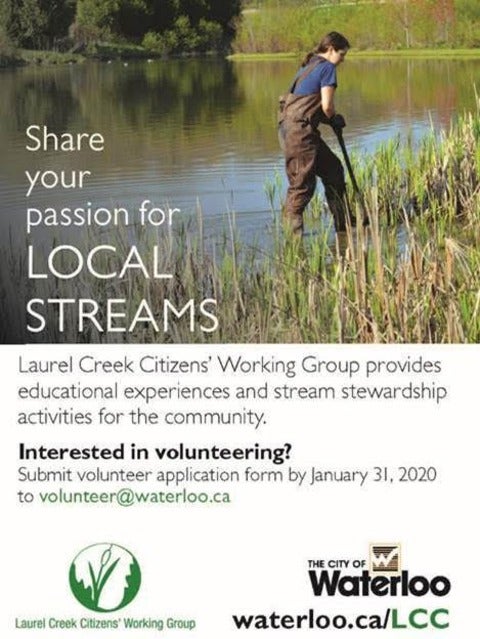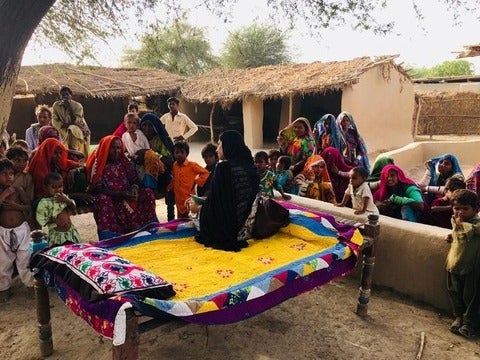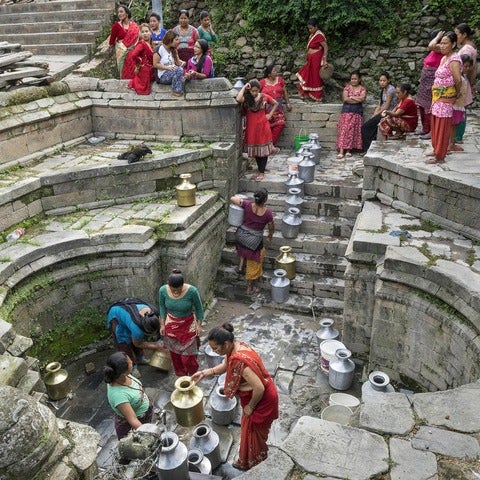Winter Term at a glance
Welcome to a winter term chock-full of networking, conferences, fun social events, and academic workshops!
Read below for event details and check out all other events at http://bit.ly/uwswigsevents.
SWIGS is looking for volunteers! Please see our volunteer page.
If you would like to get involved with SWIGS or have any suggestions for events/workshops, please contact us at: uw.swigs@gmail.com









